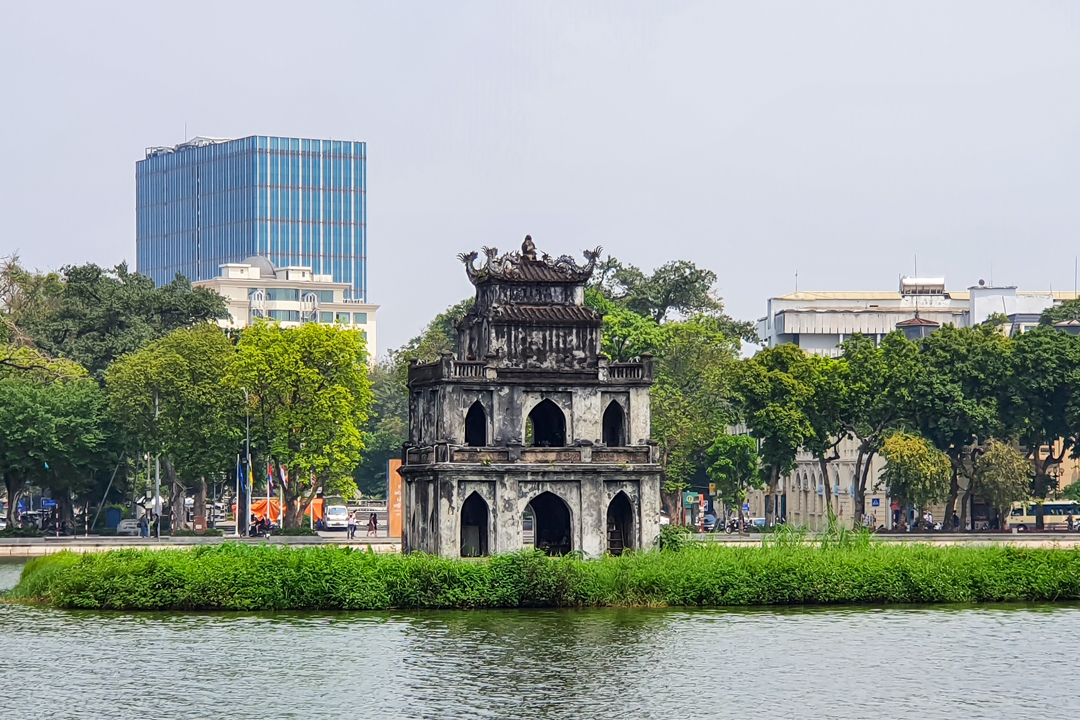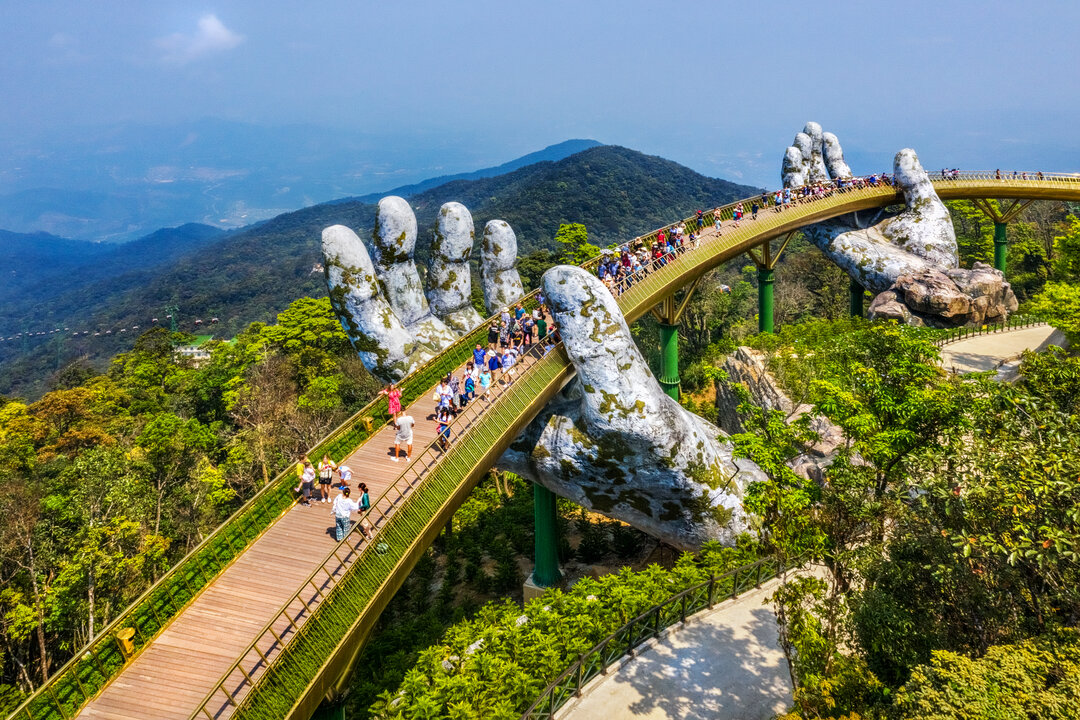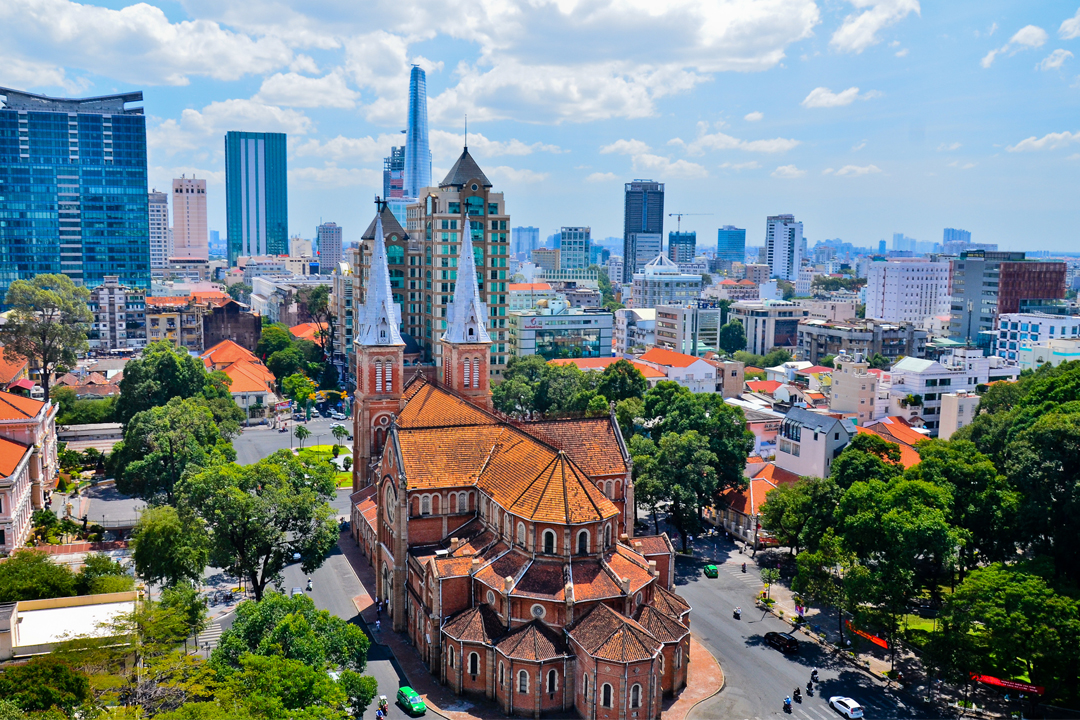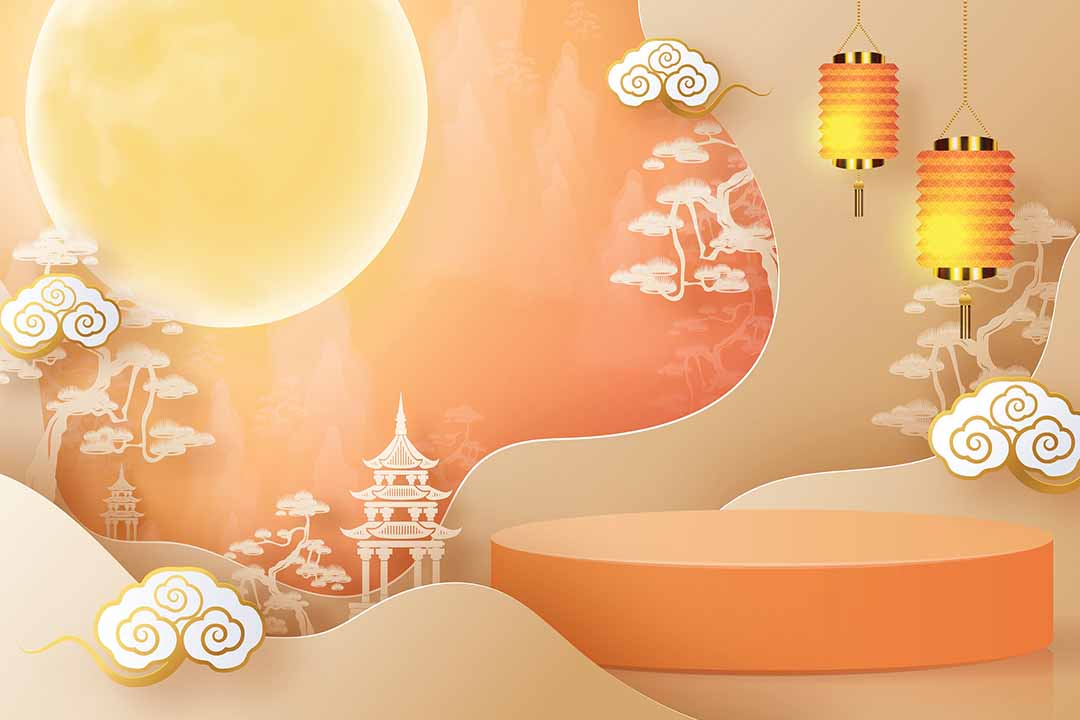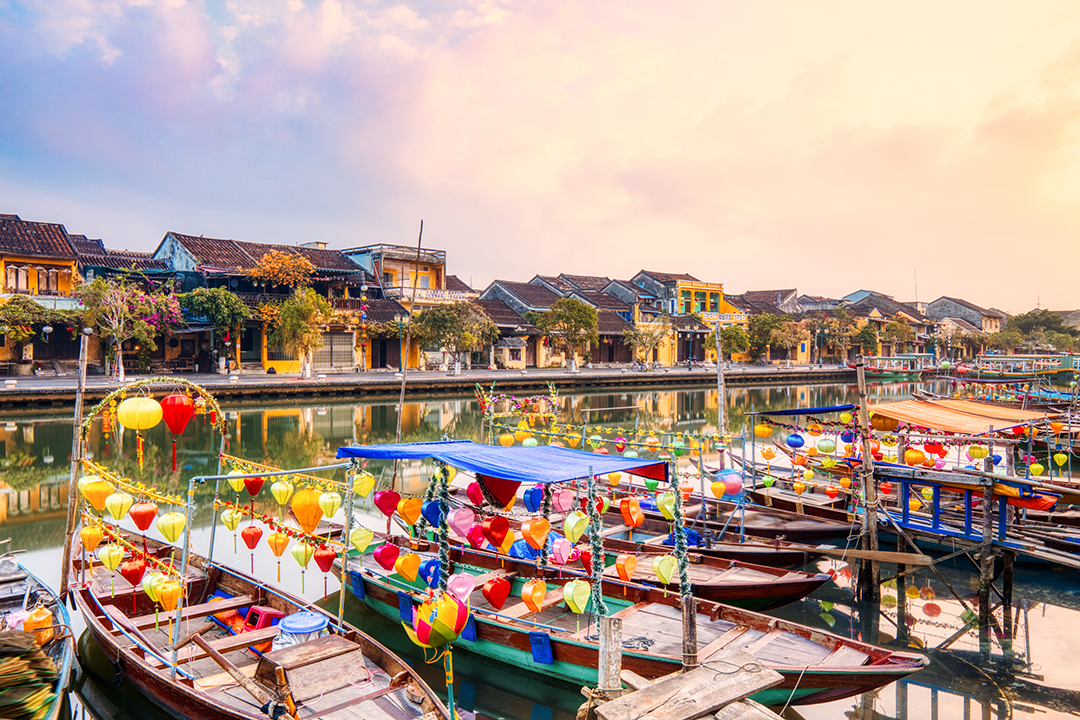Jan - 12 - 2024
As the United Nations officially recognizes Lunar New Year as a public holiday, this centuries-old tradition celebrated by millions across Asia gains new global significance. This acknowledgment marks a momentous step in promoting cultural diversity and fostering international understanding.
Lunar New Year becomes UN recognized holiday
In the final session of 2023 on December 22nd, the United Nations General Assembly passed a resolution for the first time, officially recognizing Lunar New Year as an annual public holiday of the United Nations.
About the Lunar New Year
Lunar New Year, or Tết Nguyên Đán in Vietnamese, is a festival that marks the arrival of spring and the start of a new year in the lunisolar calendar. The lunisolar calendar is based on both the cycles of the sun and the moon, and it usually falls in late January or early February in the Gregorian calendar.
Lunar New Year is celebrated by millions of people across the world, especially in Asian countries such as China, Thailand, Brunei, Cambodia, Indonesia, Laos, Malaysia, Philippines, South Korea and Vietnam. Each country has its name, customs, and traditions for the festival, but they all share some common themes of renewal, reunion, gratitude, and hope.

Lunar New Year is the most important and sacred holiday in Asian culture
Significance of the United Nations' recognition
The recognition of the Lunar New Year as an annual public holiday by the United Nations holds profound meaning for numerous countries and territories that already designate it as a legally mandated day off. Currently, approximately one-fifth of the world's population welcomes the Lunar New Year in various forms.
The United Nations General Assembly's approval of the resolution just before 2024 is not only significant for nations officially celebrating the Lunar New Year but also brings joy to nearly 2 billion people worldwide who consider the Lunar New Year as the most important festive occasion of the year.
This recognition reflects the international community's acknowledgment of the rich traditional culture of East Asia. The fact that the Lunar New Year is now an official day off for the United Nations will robustly promote interactions and mutual inspiration among diverse cultures around the globe.

The recognition of Lunar New Year underscores the diversity of the United Nations
Traditions of Lunar New Year in Vietnam
Lunar New Year is celebrated with a myriad of traditions and customs that vary across different regions. However, some of the most common and universal traditions in Vietnam include:
- Family reunions: Tet is a time when families come together, transcending geographical distances to reunite and strengthen familial bonds. The emphasis on family is central to the celebration, with individuals making a special effort to return home and share the joy of the occasion with their loved ones.
- New Year of Land Genie and Kitchen Gods: On the 23rd day of the last lunar month, the Vietnamese people perform a farewell ceremony for the Kitchen Gods. The farewell ceremony is a way of showing gratitude and respect to the Kitchen Gods and asking for their forgiveness and blessing for the new year.
- Cleaning and decorating: To welcome the new year with a fresh start, families thoroughly clean their homes, symbolizing the removal of the old and the ushering in of the new. Houses are adorned with vibrant flowers, traditional ornaments, and the iconic red and gold colors symbolizing luck and prosperity.

Vietnamese decorate houses before the new year to create a festive and joyful atmosphere
- Lì Xì (Lucky money): Elders bestow good wishes and blessings upon the younger generation by giving them red envelopes or "lì xì" containing money. This gesture symbolizes the transfer of good fortune, prosperity, and luck from the older generation to the younger.
- Visiting pagodas and ancestors' graves: Many people take the opportunity during Tết to visit pagodas, temples, and ancestors' graves. This act of paying respects to the departed is a way to seek blessings for the coming year and maintain a connection with one's roots.
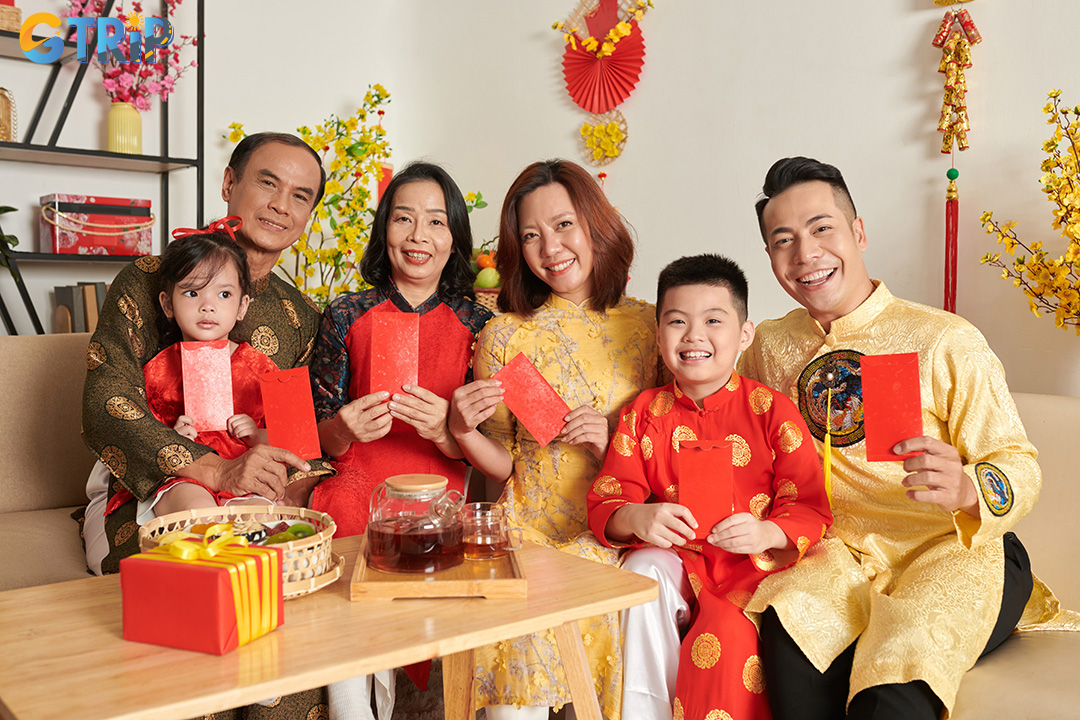
Tet reflects the cultural richness and deep-rooted customs in Vietnam
The UN's recognition of Lunar New Year as a public holiday celebrates cultural diversity, fostering global unity. Beyond bringing communities together, it opens avenues for cultural exchange and tourism. Let's seize the chance to travel to Vietnam during the Lunar New Year for vibrant festivals and warm hospitality, creating an unforgettable experience.

